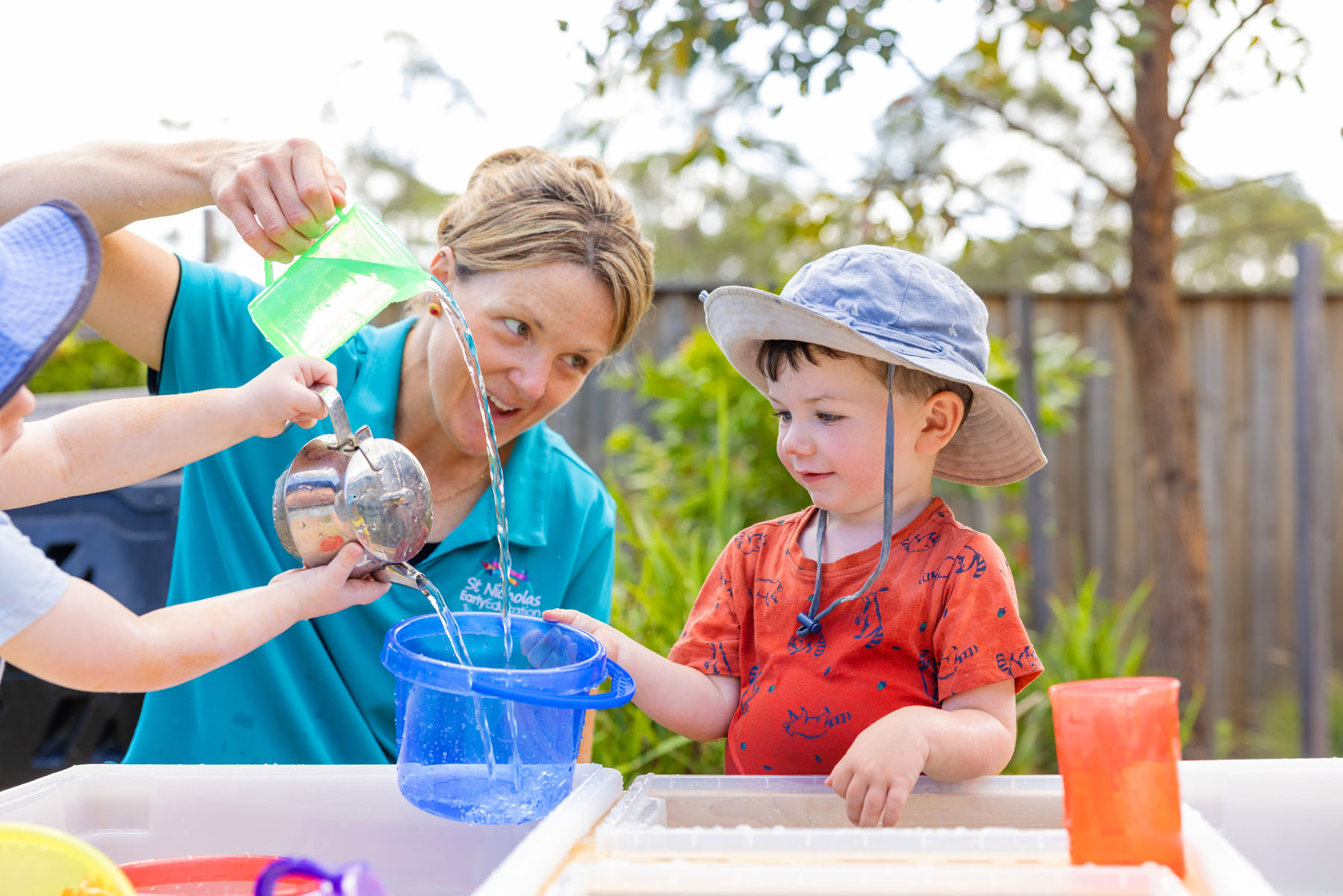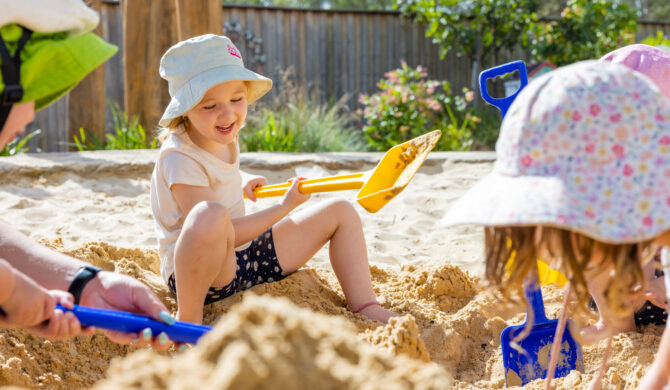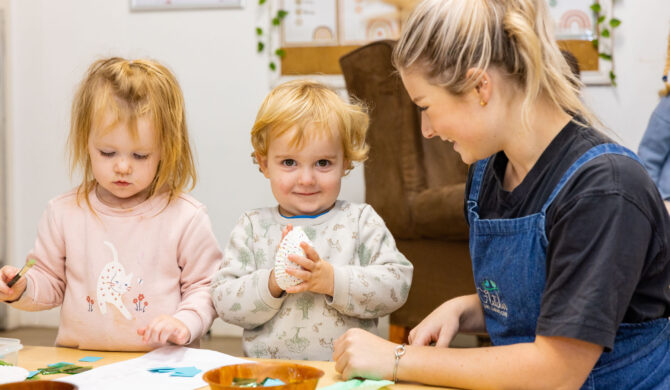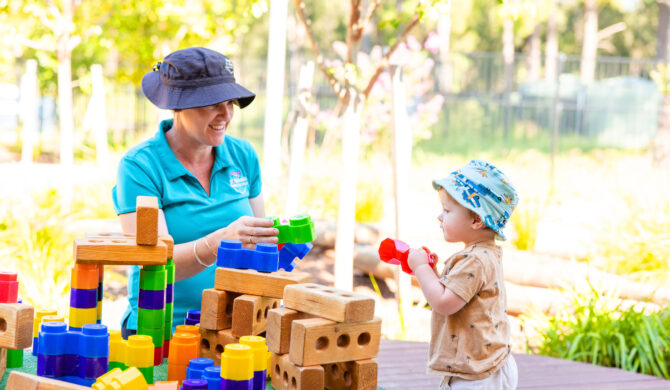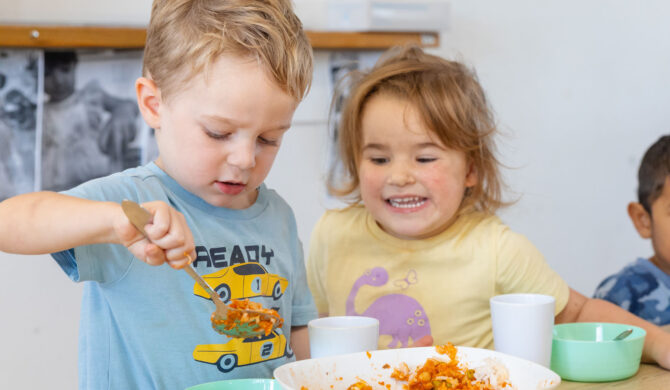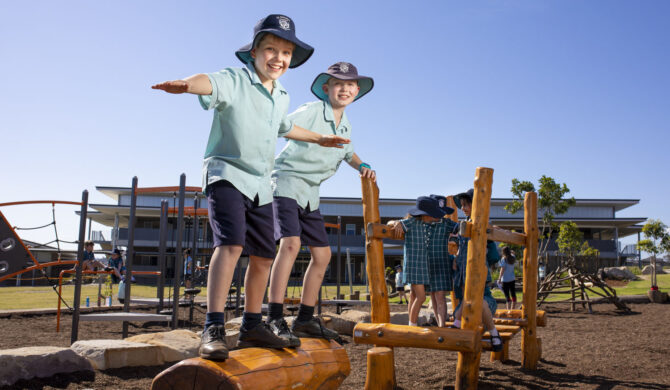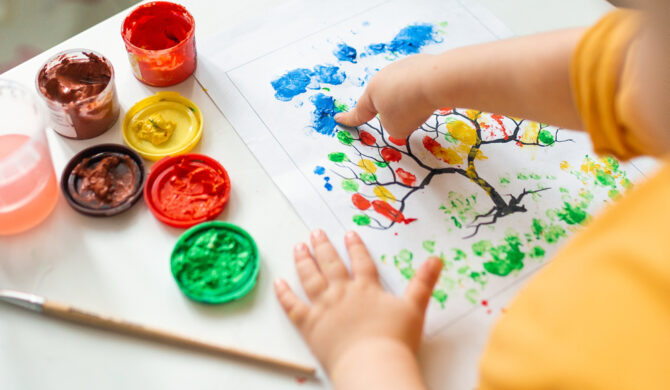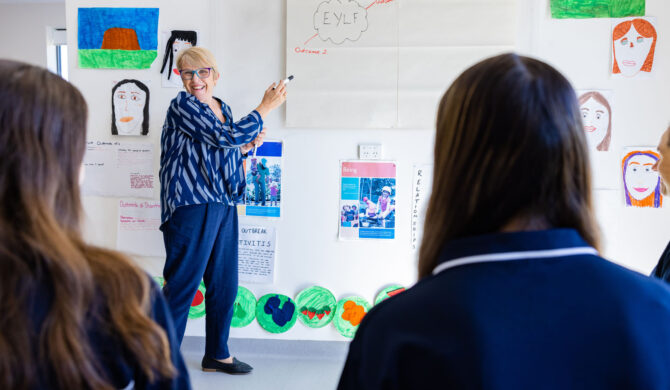Here are a few of the benefits of water play for young children’s development, and some ideas for incorporating water play at home.
6 benefits of water play for young children
1. Water play promotes wellbeing
Water play can be a wonderfully calming, therapeutic activity. Many children enjoy the soothing touch of water and the sensory stimulation that it offers. Focusing on one gentle and repetitive activity such as scooping, sieving, or running their hands through the water can really help a child to relax and unwind. This is a useful technique for improving concentration. Some lively splashing is also a great outlet for pent-up energy, allowing kids to let off steam, have fun, laugh, play, and be happy.
2. Water play supports physical development
Water play is incredibly good for a child’s physical development, even if they are just sitting quietly to play. All that scooping, swooshing, squeezing, squirting, and pouring helps to develop hand-eye coordination and develop those fine motor skills needed for important life skills like holding a pen to write, manipulating a knife and fork, and getting dressed by themselves. When water play gets more physical—running through sprinklers, dodging the spray, carrying heavy buckets full of water—it’s great physical exercise and helps to develop their gross motor skills, core strength, and balance.
3. Water play stimulates imagination and creativity
The marvellous thing about water is its versatility. It can really stretch children’s imaginations and allow them to be creative in their play. Give them a tub of water and they could turn it into a make-believe world, where storms rage, sea-creatures dwell, and all sorts of vessels sink or sail. Water can be presented in many different ways to spark interest. Whether poured, channelled, sprinkled or sprayed, mixed with bubbles or coloured dye, or played with alongside other materials that float, sink, repel or absorb the water—anything goes!
4. Water play enhances cognitive development
Children don’t realise it because they will be far too busy having fun, but the very essence of water play intrinsically involves scientific learning, maths, and problem-solving skills. Children discover water properties and changes in state, learn about temperature, find out what floats and sinks, explore how water travels or moves other objects, experiment with the effects of gravity, measure volume and quantity, and learn about mathematical concepts such as more/less, empty/full, equal to/different, cause/effect—the list goes on—and it’s super hands-on learning.
5. Water play develops language and communication skills
There’s a whole host of new vocabulary that goes hand-in-hand with water play. From the tools used to play with water, to the fantastic verbs and adjectives that describe how water moves, feels, looks, sounds, there are so many opportunities for engaging discussion and social interaction around new word choices. Even if children are playing alone, more often than not they will be narrating the situation to themselves; they’ll be working out concepts and finding ways to describe what is happening, placing new words together and building sentence structure and listening to others and learning how to converse.
6. Water play encourages social and emotional development
Playing together with water naturally involves children sharing ideas and resources, taking turns, cooperating, listening to and observing others and learning new ideas from each other. This is how children develop crucial social skills. It encourages shy children to take their first steps towards playing alongside other children, to then actually interacting and playing with them. It’s exactly these kinds of interactions that build friendships and create happy memories for children to treasure.
How parents can keep children safe during water play
It’s important to remember that water play does come with a level of risk. Young children can drown in just 5cm of water, so adult supervision is vital at all times. It’s also important that your child is protected from the elements while outdoors, so remember to slip, slop, slap, seek, and slide.

